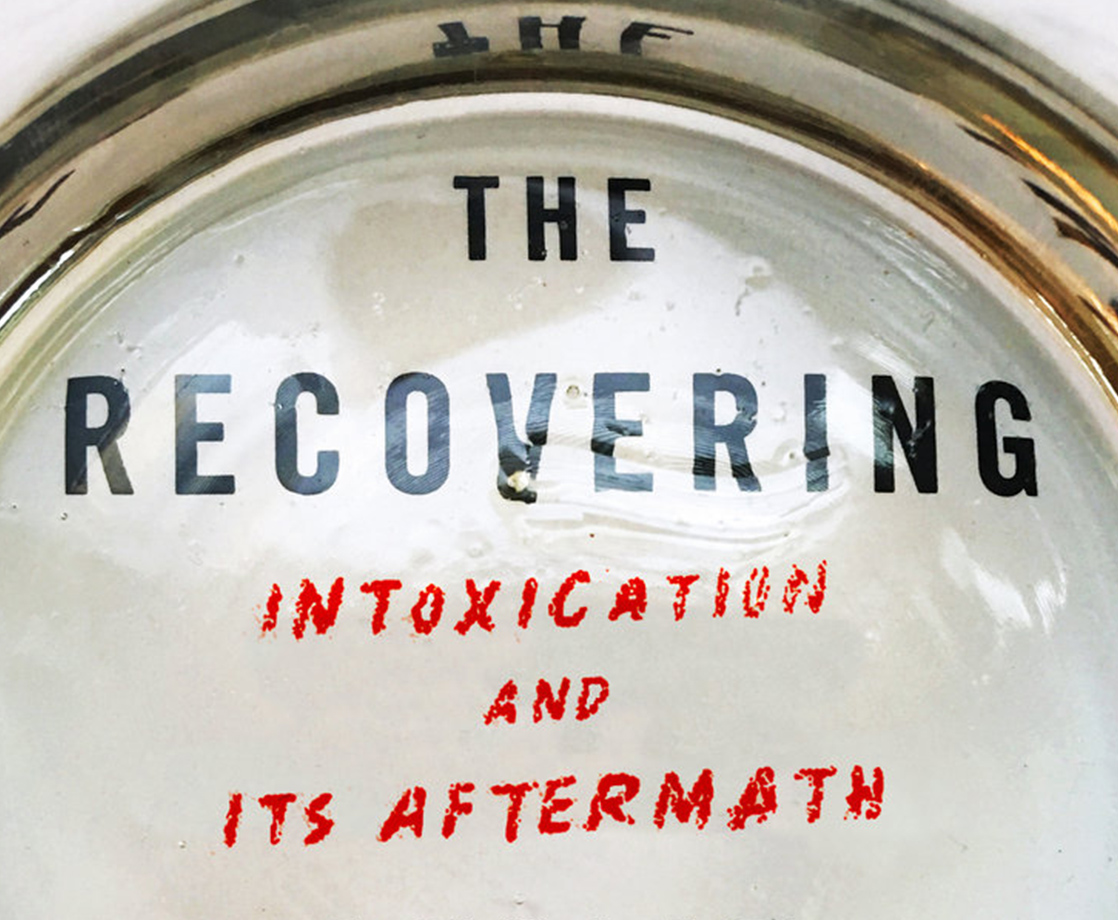The cannabis industry is revitalizing small towns in states across the U.S. where medical marijuana cultivation is now legal.
Decades ago, the arrival of weed on main street seemed the harbinger of disrepair and doom accused of tarnishing the youth and serving as a gateway drug to a life of poverty.
Now marijuana signals renewal and rebirth. This time, the weed isn't peddled by drug dealers on sidewalks, this potent weed is being transported deliberately by high-power industry leaders.
In the dusty, high desert of southern California, small towns are pioneering municipal permitting of marijuana cultivation, and reaping the revenue that follows.
A local business leader is asked to save the town
John “Bug” Woodard makes his home in the, “wide open space and fresh air” of Adelanto, California. Located halfway between Los Angeles and Las Vegas, Adelanto has found itself all but choked out by its larger neighbor, Victorville.
The town’s industries slowly dried up and by the time Bug ran for city council, Adelanto was operating a several million-dollar deficit. Adelanto’s reliance on the prison industry providing a meager bed tax did little to bring the town into the black.
Bug, who runs a successful real estate brokerage and two other local businesses, was asked by locals to help save Adelanto.
After seeing business all but disappear in Adelanto, he decided to apply his lifetime of business experience to the city’s 2014 elections in an unorthodox way.
Bug formed a campaign around raising money in an unorthodox way, the legal cultivation of marijuana. The prior town council had “begged” residents to voluntarily increase their utility tax by 8 percent while simultaneously shutting down the town’s only dispensary.
“Nobody else would dare mention the ‘M’ word, because they wanted to get elected.”
But Bug was practical, and it was the “old timers” who voted him into office, seeing the logic in his suggestion.
Bug’s efforts have served Adelanto well. Following a liaison with Los Angeles-based attorney and entrepreneur Freddy Sayegh, the town of Adelanto began raking in hundreds of thousands of dollars in just five short weeks.
The town collects $7,000 in non-refundable fees from every marijuana-related business applicant. Local real estate values have sky-rocketed.
What was once “essentially worthless to a lot of people–land where nobody was looking to come and build a new factory… is now selling for millions of dollars just 12 months later.”
Billionaire investors driving million dollar cars are a new sight for sore eyes in Adelanto, driving major changes in what was once a fledgling community.
While cultivation is one of the major industries taking root, Bug wants to see “factories that make jeans and shirts,” and hempcrete facilities that repurpose stalks leftover from trimming.
The rest of Adelanto’s battered businesses will ride this much-needed rising tide, as well. Long-term, Adelanto will gain 500-600 more residents staffing the burgeoning industry who will all become consumers, generating growth in sectors that provide places to live, food to eat, and clothes to wear.
A star-studded cast breathes life into Adelanto
When Freddy Sayegh arrived in Adelanto, the town was still trying to make ends meet by inviting more prisons to set up shop. The Los Angeles-based lawyer is at the epicenter of the marijuana industry in southern California, serving as counsel and representative to over 25 marijuana businesses, and CEO of his own Adelanto Research Technologies (ART).
Sayegh speaks at marijuana industry-related conferences each year, and was in a prime spot to educate the people of Adelanto as to the potential benefits of allowing cultivation within city limits.
Touched by the loss of a cousin and buoyed by deep contacts in the Hollywood entertainment world, Sayegh was determined to contribute to both medical advances and economic growth.
“Could you imagine if our top researchers and our top scientists could get involved? Could you imagine if they could pinpoint the exact cannabinoid to the problem and you don’t have to guess? That is my life goal.”
After numerous educational and outreach visits to the pioneering Adelanto City Council, Sayegh said he began receiving positive feedback from the community.
"We received cheers at city council meetings, I’d get high fives, I’d get mothers and grandmothers who all stepped forward and said this is amazing," said Sayegh who works with The Foxx Firm.
Sayegh says that when Adelanto decided to embrace cultivation, it was “a game changer on both sides.”
ART, and the more than 20 other businesses interested in setting roots in Adelanto, are not just bringing in loads of investment funds and tax revenue, they are providing real opportunities to local residents. Freddy has committed to a 50/50 hiring policy.
The facility will train Adelanto residents on how to cultivate.
Other jobs include, "Security, upper level management, sales, maintenance, construction…” and the list goes on. But for Freddy, Adelanto’s contribution to the world is equally important, as he wonders, “Could you imagine that this small city is responsible for a cure for Alzhemeir’s, for pediatric epilepsy?”
Cannabis industry growing pains and growth opportunities
The nascent cannabis industry is taking off, and Adelanto isn’t alone. Nearby Desert Hot Springs, a step ahead, has uncovered some of the unique challenges that lie ahead for the ambitious and innovative projects taking root in Adelanto.
Aaron Herzberg and Chris Francy of Calcann Holdings took time to share common issues that cultivation projects must surmount in order to be successful.
First on the list is “Folks slapping together partnerships that are not legally binding.” Municipalities and business partners must scrutinize the intentions and means of interested parties before investing extensive time, energy, and capital. Secondly, as Herzberg points out, “There’s no power.”
In Desert Hot Springs, “The demands being made on the city’s very modest electrical grid far exceed its capabilities. The electrical company, Southern California Edison, told growers it could take nine years to provide the amount of power being sought.” One solution? Herzberg explains that, “Everyone is trying to do indoor facilities. We’re trying to do greenhouse facilities–which still require power, but much less.”
Though there will always be challenges to overcome, there is room in the industry for much more growth, and small towns across America desperately need the economic boom that will accompany it. With the right combination of inspiration, education, political will, and business acumen, the cannabis industry is well-poised to launch the next green revolution.











